
A few days after the start of the war with Russia, conductor Igor Chernitsky plucked up courage and, together with the artists of the Odessa Opera, gave a performance in the center of the then deserted Ukrainian city, which lived in constant fear of attack. The performance was covered by international media, which conveyed the artists’ request for solidarity.
About a year after that day, Igor remains in the city of Odessa and continues to do what he does best: art. “During the war, we managed to stage two new works: an opera by a Ukrainian composer and the ballet Snow White,” he says. “K” met the Ukrainian artist in Thessaloniki, backstage at Megaros Musikis, where he came with an opera ballet to give two performances. Performances adapted to the new reduced number of artists in the group. Some men have joined the army, and some women with young children have given up ballet to take care of their families. “Fortunately, no one has died yet,” Igor reports with relief.
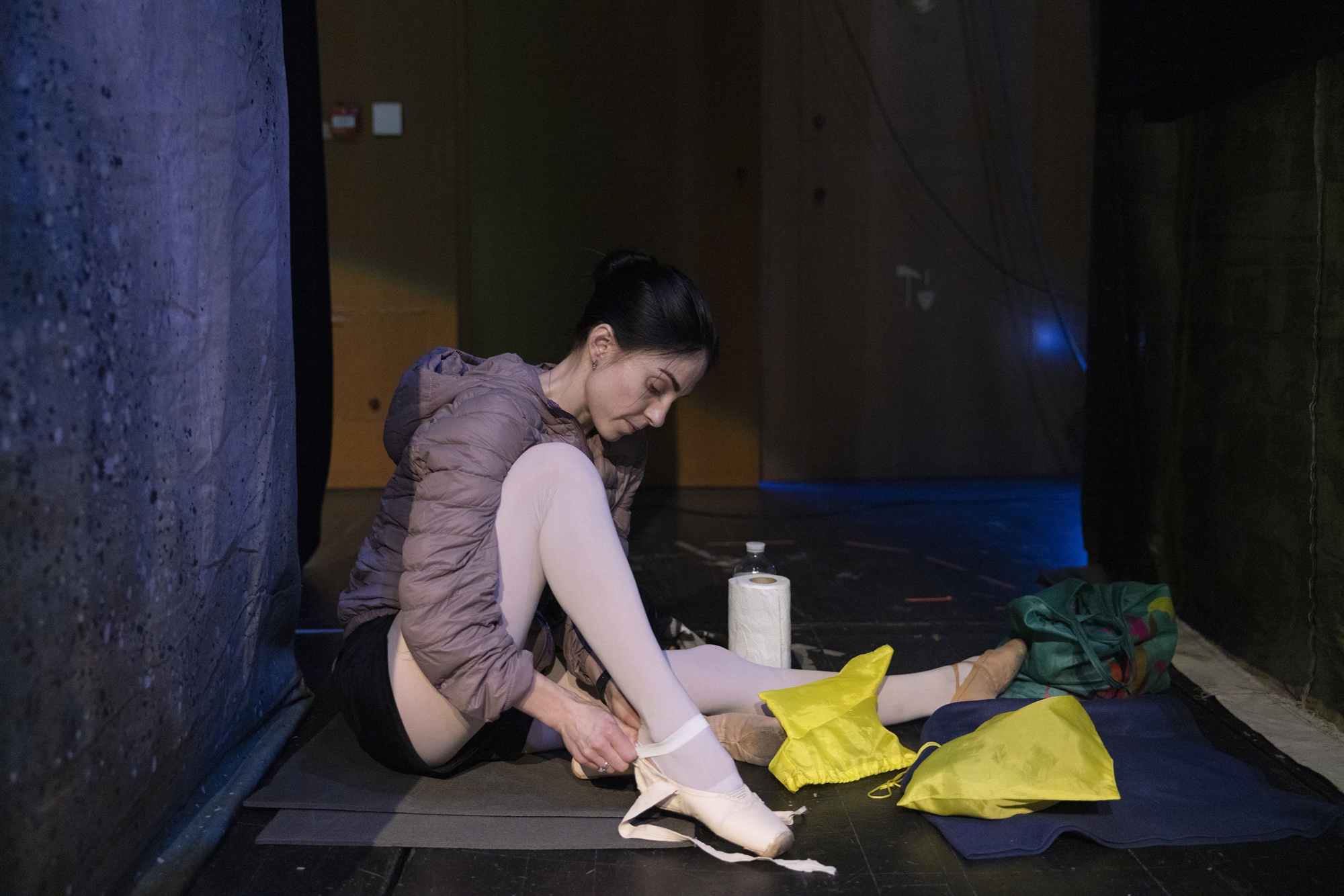
As flights to and from Ukraine are still banned, the troupe traveled by bus from Odessa, traveling a day and a half to get here. Despite being tired, the dancers perform within hours of their arrival.
Elena Elizarova starts warming up right on the wooden stage of the theatre. At the beginning of the war, he also could not do this. He still remembers the early days when soldiers and volunteers sealed off the imposing Opera House with sandbags to protect it from possible bombardment. “I felt bad, so condescending. I felt that we were completely unprotected both in life and in the theater. After about three months, the 37-year-old dancer is finally back for her first rehearsal. “We slowly started to work. On the first day we returned to the theater, the sirens howled, and we ran to hide. When they stopped, we continued.”
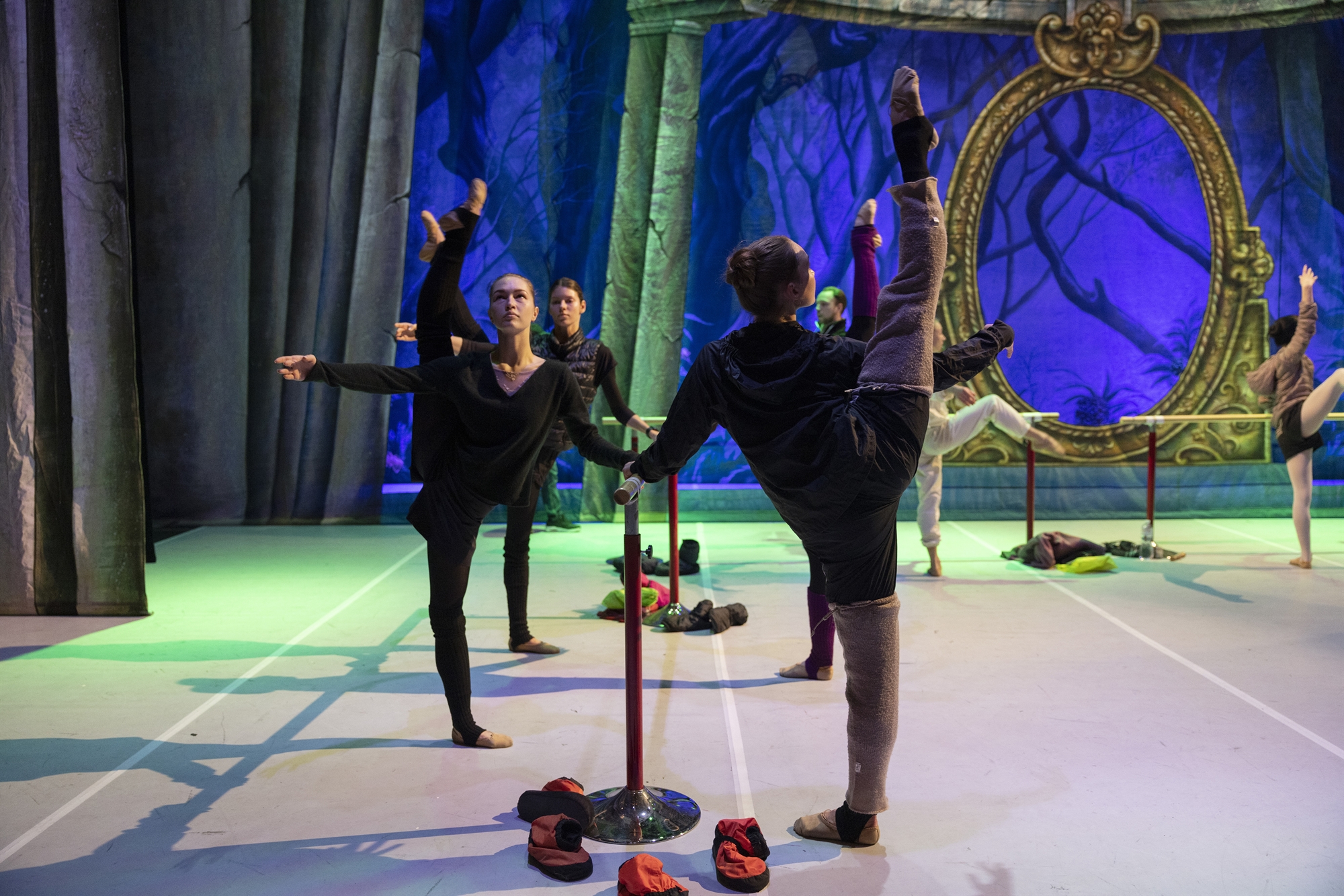
Interruption by sirens has now become a new reality of the troupe, not only in rehearsals, but also in performances. “There is a possibility that sirens will go off four to five times a day. We could have a show with 1000 people. They will stop, run to hide in a shelter, return, and we will continue,” Igor explains.
Also, dancer Anastasia Korno says that the artists are so used to the state of war that there were shots from a drone shot down near the Opera House, and they don’t even pay attention.
Gunshots and sirens aren’t the only things that have been forcibly added to artists’ lives. They themselves are often deprived of heat and electricity during the day. Breaks, as they describe, even water breaks are daily and can last for hours.
The Opera is facing the problem of constant power outages due to generators donated by Germany and Belgium. Generators still keep the performances of the Opera “live”, which continues to burn even when the rest of Odessa is plunged into darkness.
In the darkness of war, the Opera is a beacon of art, hope and solidarity. The performers describe how the theater fills up during performances and the audience reaction is bigger and warmer than ever. Art in the daily life of fear becomes an antidote and an anchor of normality, which the inhabitants of this historic city sorely need.
“We dance and we want to offer the best that we have inside. I still remember the first performance of Snow White. The children laughed, and everyone was happy, and at least we were pleased to bring them this joy, ”Anastasia describes excitedly.
“We get a standing ovation. They consider us heroes. They were so happy when the theater reopened because life seemed to go on. For us, this is also very important. This interaction did not exist before the war,” says Andrey Pisarev, a multiple laureate of the opera, who plays the main role in the play.
Conductor Igor Chernitsky often sees the soldiers who came to watch the performance while playing the quintessence and weeps. They are touched, he said, because they understand that we live here and contribute to the national effort in our own way. In fact, the opera has created small groups that give performances around the city to please those who cannot get to the center of Odessa.
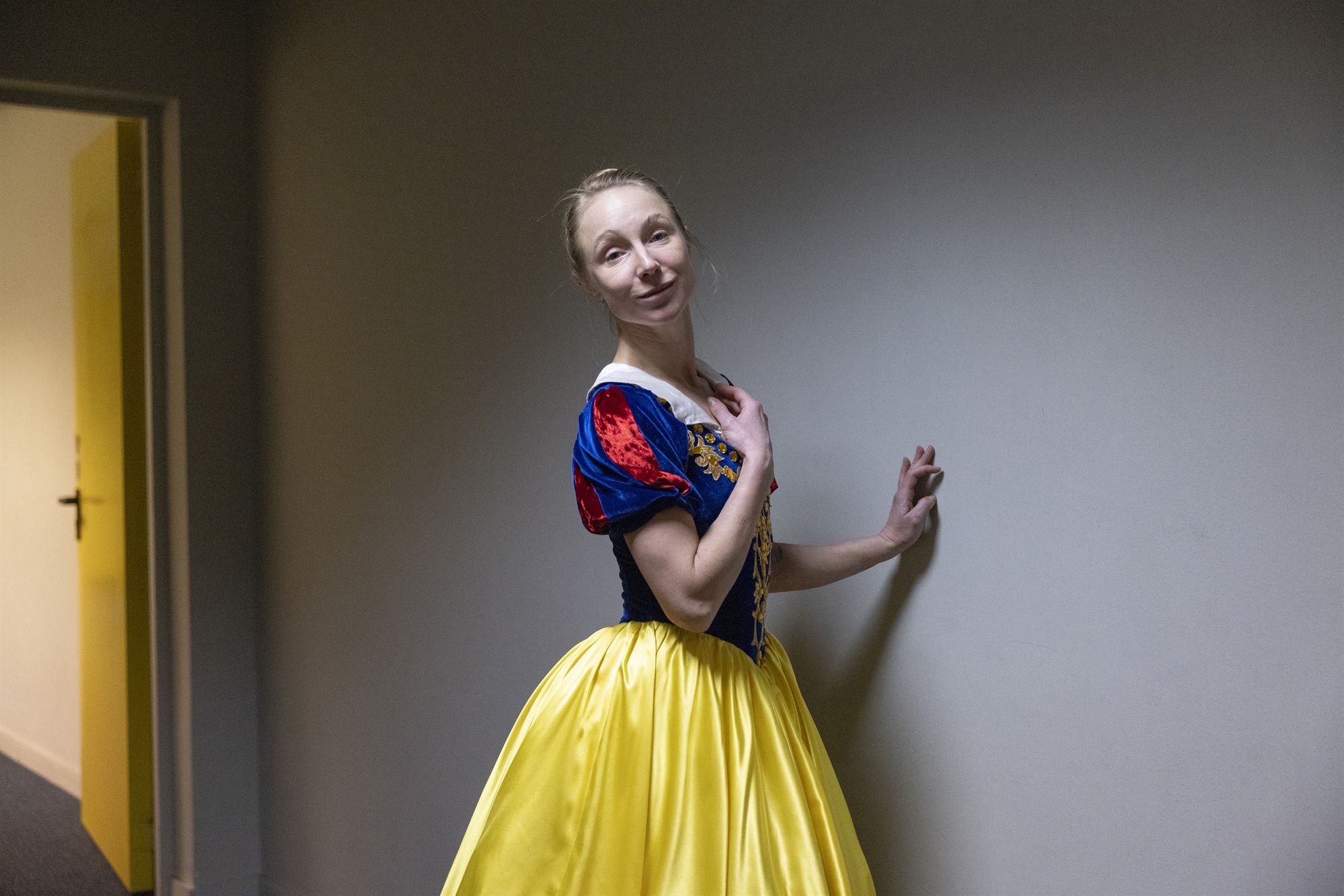
Public support and art act as a catharsis not only for the audience, but also for the artists. “Rehearsals give me energy and life. When I see the stage and the light, I am inspired to live. Even if there is an attack on the eve of the performance, we will go out and dance in the evening, and let it be very hard, ”says Elena Elizarova.
For Anastasia, with whom they dance together, the same thing. Putting the finishing touches on her makeup, she admits that art is her refuge. “Every time I feel like crying, I dance. It’s my way of protecting myself.”
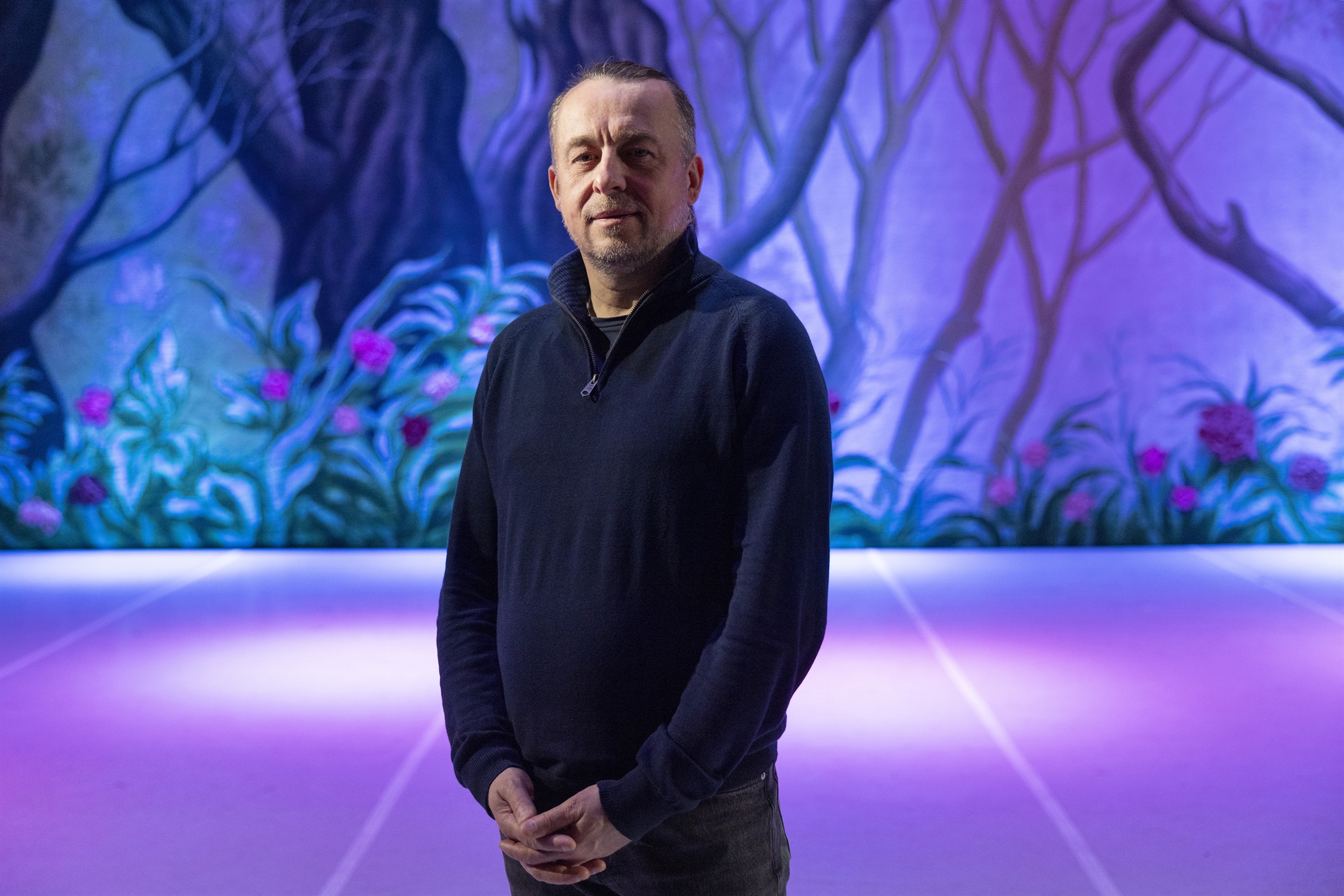
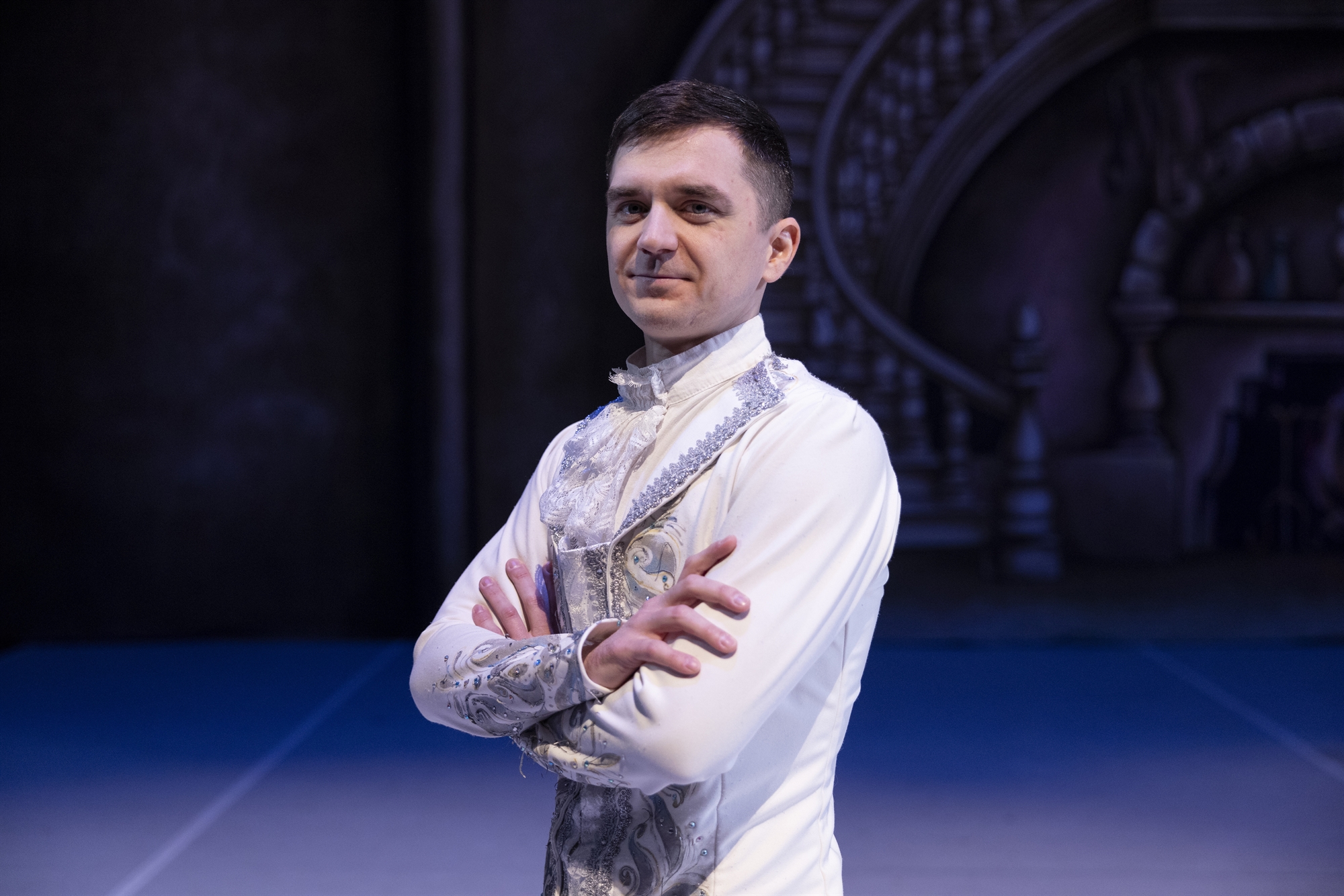
The 22-year-old ballerina could leave Ukraine and continue her career in another European country. Although the war continues and her daily life becomes more difficult, the young dancer does not even think about it. “I love my country, I love the theatre. No, no, I won’t leave!”
“Some friends left immediately, two hours after the start of the war. Everyone sees war differently. I stayed, ”Andrey emphasized, saying that he was fully aware of his role as an artist at this time. The dancer lost a relative in the war, and yet every night he is called upon to give all his best. Like the night when we talk together, when, despite the fatigue from the journey, he has to perform in a crowded hall. “After the outbreak of the war, perhaps the happiest moment was the opening of the theater. We used to be afraid, now we live with it.
As we speak, a siren can be heard on the artists’ cell phones. It’s an app that warns them of the risk of attack, which they installed after the war started. The conductor tells me that even in Greece, where he is now, he hears the sound of an airplane and looks up to see what it is. The fear does not go away, as he explains to me, but the show must be given and will be given every night.
Source: Kathimerini
Anna White is a journalist at 247 News Reel, where she writes on world news and current events. She is known for her insightful analysis and compelling storytelling. Anna’s articles have been widely read and shared, earning her a reputation as a talented and respected journalist. She delivers in-depth and accurate understanding of the world’s most pressing issues.